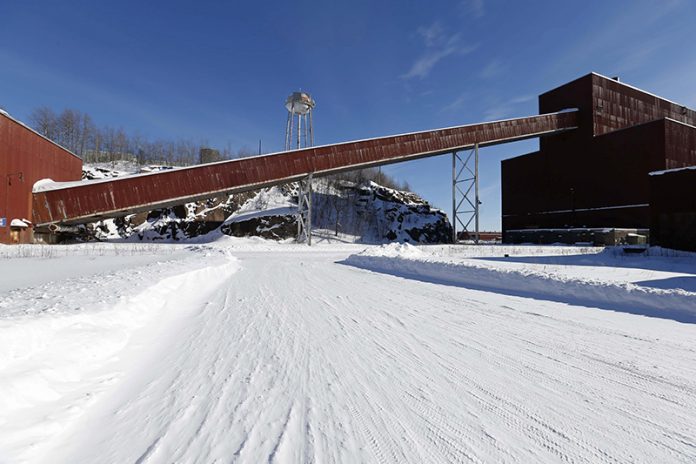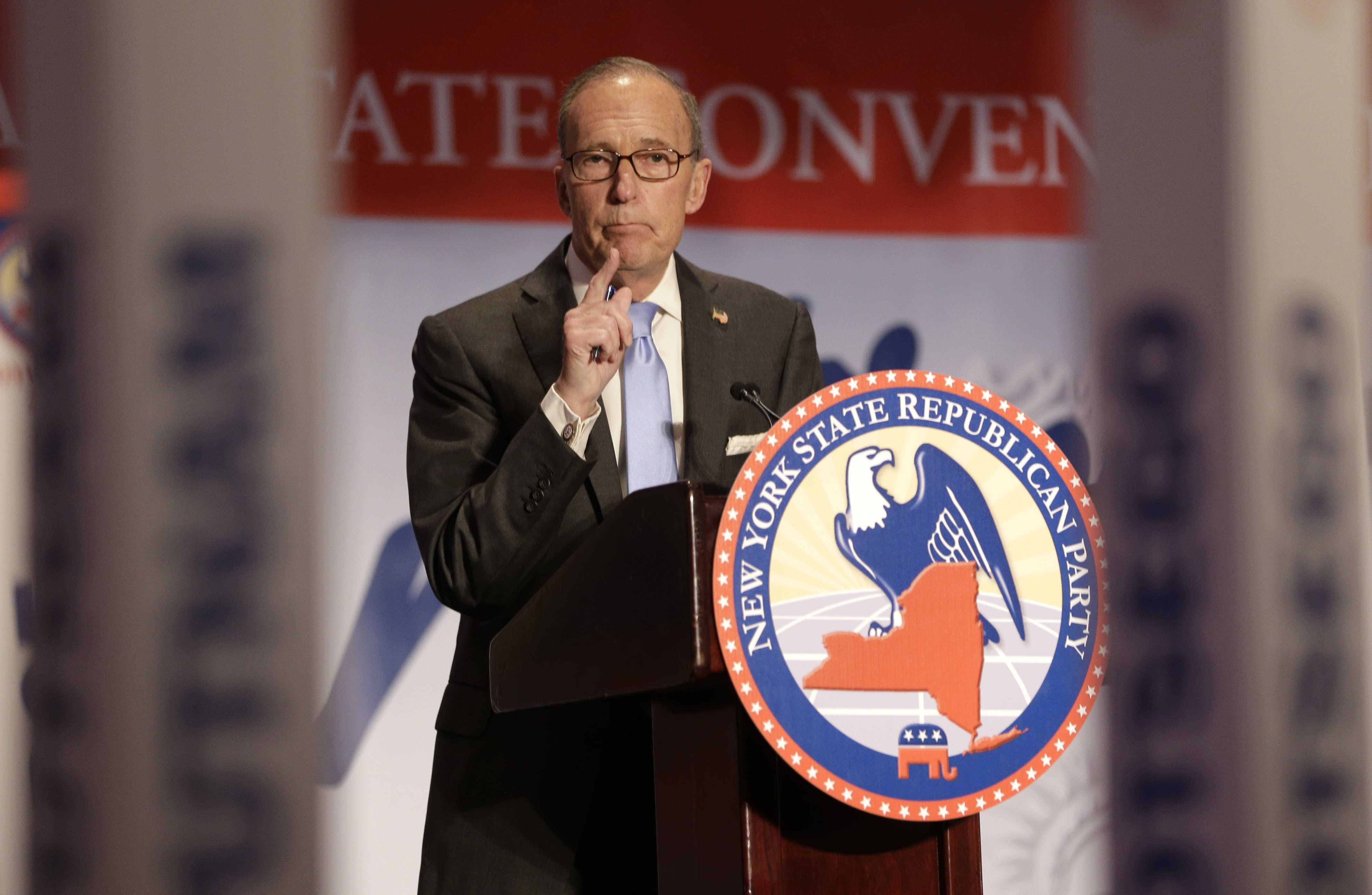
By Summer Ballentine
Associated Press
UNDATED (AP) — The Minnesota Supreme Court on Wednesday ruled that the state’s Pollution Control Agency improperly granted permits to a fiercely contested copper-nickel mine and concealed environmental concerns about the project, which critics say threatens to pollute Lake Superior and hurt tribal lands.
The proposed mining project, a 50-50 joint venture with PolyMet Mining and Teck Resources, was renamed NewRange Copper Nickel in February but is still widely known as PolyMet. It seeks to be Minnesota’s first copper-nickel mine, but it has long been stalled by court and regulatory setbacks.
The Minnesota Supreme Court’s 6-0 ruling against the state’s Pollution Control Agency once again derails the long-sought project, directing the state agency to reconsider the permits.
Justices found that state regulators not only ignored concerns from the federal Environmental Protection Agency about the northeastern Minnesota mine, but attempted to conceal EPA warnings from the public.
The Minnesota Pollution Control Agency “and the EPA sought to avoid public scrutiny and to hide the risk of illegal water pollution from the public eye,” Justice Anne McKeig wrote in a concurring opinion.
In a statement, NewRange said it’s “confident that the additional proceedings will confirm the project protects water quality for all, and welcomes working with stakeholders on the permit.”
PolyMet has been trying to complete the open-pit mine near Babbitt and processing plant near Hoyt Lakes for more than a decade, despite public criticism and other setbacks.
The U.S. Army Corps of Engineers in June revoked a critical water quality permit for the project. The Corps said the permit did not comply with the water quality standards set by the Fond du Lac Band of Lake Superior Chippewa, whose reservation on the St. Louis River is downstream from the mine and processing plant sites.
Environmentalists have opposed the mine for fear it could pollute pristine waters and destroy habitat for gray wolves and Canada lynx. The project would be located near tributaries feeding the St. Louis River, 175 river miles upstream from Lake Superior.
Critics also cite the risks of acid mine drainage and concerns about the safety of the dam for its tailings basin. The vast but untapped reserves of buried copper, nickel and precious metals in northeastern Minnesota are locked up in sulfide minerals that can leach sulfuric acid and other pollutants when exposed to air and water.
The latest setback comes after environmental groups and the Fond du Lac Band of Lake Superior Chippewa sued when the state granted PolyMet mining permits in 2018.
Court discoveries from that lawsuit and open-records requests by Minnesota-based nonprofit WaterLegacy unearthed documents showing that state regulators had pressured the EPA to withhold its concerns about the mine from public comments.
A never-published letter from the EPA stated that the federal agency worried that the permits were not.



















